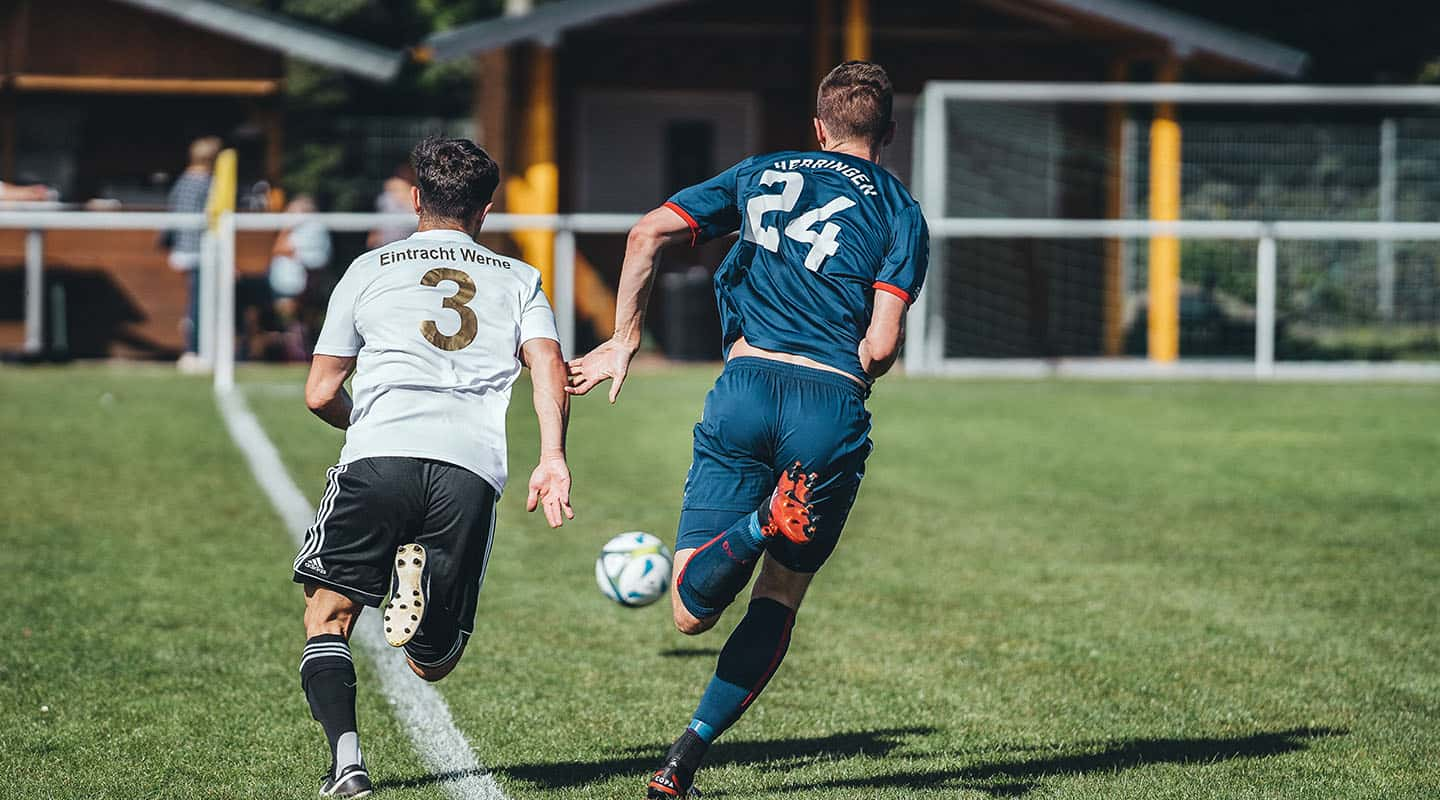Researchers, led by Lonnie Lowery of Walsh University, sought to determine if coffee’s complex composition offered athletic advantages beyond caffeine alone. The conclusion remains inconclusive.

A recent review from the Journal of the International Society of Sports Nutrition delves into the potential of coffee to boost performance, comparing it to the well-known effects of caffeine
One challenge lies in accurately gauging caffeine levels in a cup of coffee to boost performance due to variables such as bean type and preparation. Sports scientists recommend 3 to 6 milligrams per kilogram of body weight for optimal performance, which may necessitate consuming two to four cups of medium-roast coffee—an amount that can be challenging to ingest swiftly. Additionally, compounds in coffee, such as chlorogenic acid, may potentially hinder caffeine to boost performance effects, as indicated by a 1998 study.
While some studies suggest that coffee rivals caffeine to boost performance benefits, solid evidence remains scarce. The review highlights coffee’s bioactive elements like polyphenols and melanoidins, acknowledging their potential influence on various bodily functions. However, the direct link to boost performance remains elusive.
Research on caffeine metabolism indicates that for some individuals, coffee may offer unique benefits independent of caffeine
Fast metabolizers experience a performance boost, while slow metabolizers may encounter negative effects. This suggests that, for long-term health, coffee could be beneficial, while isolated caffeine might pose risks.
In practice, many athletes turn to coffee for its reliability in promoting bowel movements, a factor not covered in Lowery’s review. Additionally, the familiar routine of coffee consumption holds a comforting allure for many. Nevertheless, for those seeking to boost performance, understanding the caffeine content in their preferred coffee, adjusting dosage, and considering caffeine supplements could be a prudent approach.
READ ALSO: Centers For Disease Control And Prevention Issues Warning As RSV Cases Surge In Southeastern US




